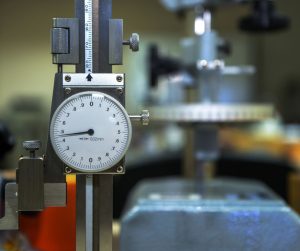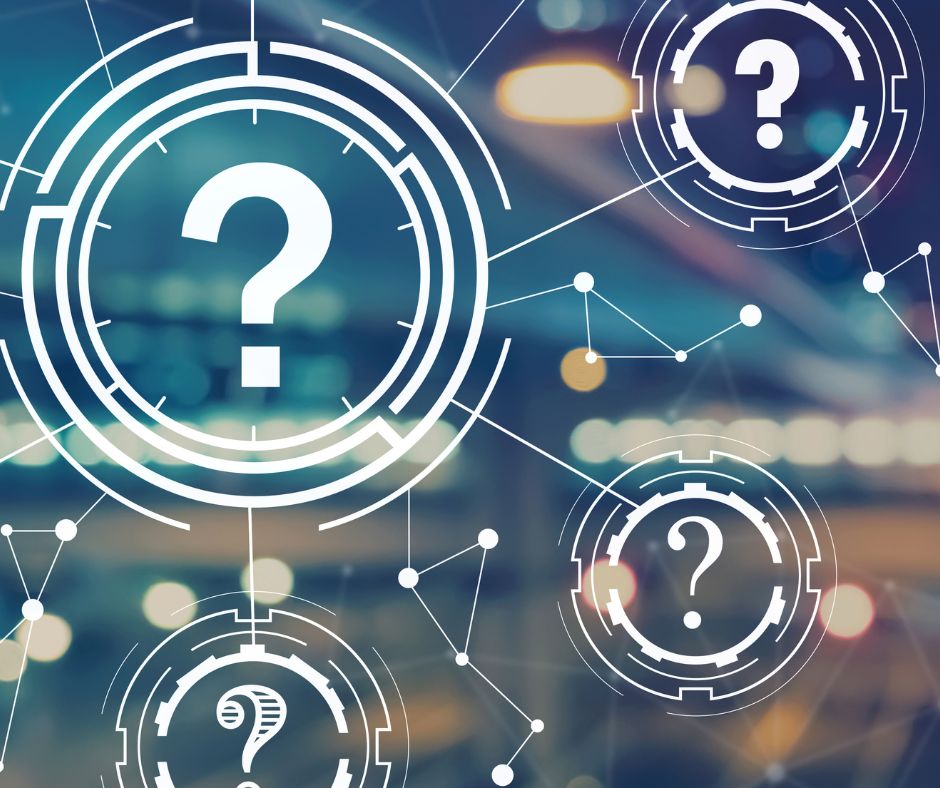How Regular Calibration Can Minimize Downtime and Improve Efficiency
 In any industry that relies on equipment for production or service delivery, downtime can be a significant challenge. Whether it’s a manufacturing facility, a healthcare organization, or a telecommunications company, when equipment isn’t functioning properly, it can lead to delays, lost productivity, and even revenue loss. One of the most effective ways to minimize downtime and keep your operations running smoothly is through regular calibration of your instruments and equipment. Read on to learn how routine calibration can help your business reduce downtime and improve overall efficiency.
In any industry that relies on equipment for production or service delivery, downtime can be a significant challenge. Whether it’s a manufacturing facility, a healthcare organization, or a telecommunications company, when equipment isn’t functioning properly, it can lead to delays, lost productivity, and even revenue loss. One of the most effective ways to minimize downtime and keep your operations running smoothly is through regular calibration of your instruments and equipment. Read on to learn how routine calibration can help your business reduce downtime and improve overall efficiency.
- Identifying Issues Before They Cause Breakdowns
One of the main advantages of regular calibration is that it allows you to catch potential problems before they lead to unexpected equipment failures. Calibration helps identify when instruments are starting to drift out of tolerance, ensuring that issues are addressed early on. By detecting discrepancies as soon as possible, you can schedule necessary repairs or adjustments before the equipment fails completely—thereby preventing costly and disruptive downtime. Proactively maintaining your equipment helps avoid the need for emergency repairs or replacements, keeping your operations on track.
- Ensuring Accurate and Reliable Measurements
Inaccurate measurements can lead to faulty production, poor product quality, and process inefficiencies, which can result in delays and downtime. Regular calibration ensures that your instruments are consistently providing accurate and reliable readings, so you can trust that your production processes are running smoothly. When calibration is neglected, even small inaccuracies can snowball into larger issues that disrupt operations and create inefficiencies. With properly calibrated equipment, you can achieve optimal performance, thereby reducing the chances of defects or errors that cause downtime.
- Extending Equipment Lifespan
Equipment that is not regularly calibrated is more likely to experience wear and tear, which can shorten its lifespan. When instruments are out of calibration, they may struggle to operate efficiently, leading to unnecessary stress on internal components. Over time, this can result in more frequent breakdowns and the need for costly repairs or replacements. Regular calibration helps maintain the health of your equipment, ensuring that it operates within its optimal range and extending its lifespan. By investing in calibration, you’ll not only reduce downtime caused by equipment failure but you’ll also avoid the higher costs associated with premature replacement or repairs.
- Maintaining Compliance and Avoiding Regulatory Delays
In some industries, such as healthcare, telecommunications, and aerospace, equipment calibration isn’t just a matter of efficiency—it’s a regulatory requirement. Failure to calibrate equipment according to regulatory standards can lead to compliance issues, fines, and delays that halt production or services. By ensuring that your equipment is regularly calibrated and meets regulatory standards, you’ll be able to avoid compliance-related shutdowns and keep your business running smoothly. This is particularly important in industries where safety and quality are paramount, as calibration helps ensure that equipment operates within required tolerances, reducing the likelihood of errors that could impact your compliance status.
- Streamlining Maintenance Schedules
When you implement a regular calibration schedule, it becomes easier to integrate other maintenance activities into your operations. Calibration typically involves thorough checks of equipment performance, which can reveal additional maintenance needs. By addressing these needs during routine calibration sessions, you can prevent the buildup of issues that might otherwise lead to unscheduled downtime. Regular calibration allows you to plan maintenance around a predictable schedule, which can minimize the risk of unexpected equipment failures that disrupt business operations.
At Trident Calibration Labs, we offer expert calibration services designed to minimize downtime and ensure the accuracy and reliability of your equipment. With our ISO/IEC 17025 accreditation and experienced team, we’re here to help you maintain the highest standards of performance. Contact us today to learn more about how our calibration services can keep your business running efficiently!
continue reading
Related Posts
5 Benefits of Online Asset Management for Calibration and Equipment […]
What Is Calibration Uncertainty and Why Does It Matter? When […]
6 Questions to Ask When Choosing a Calibration Company If […]




